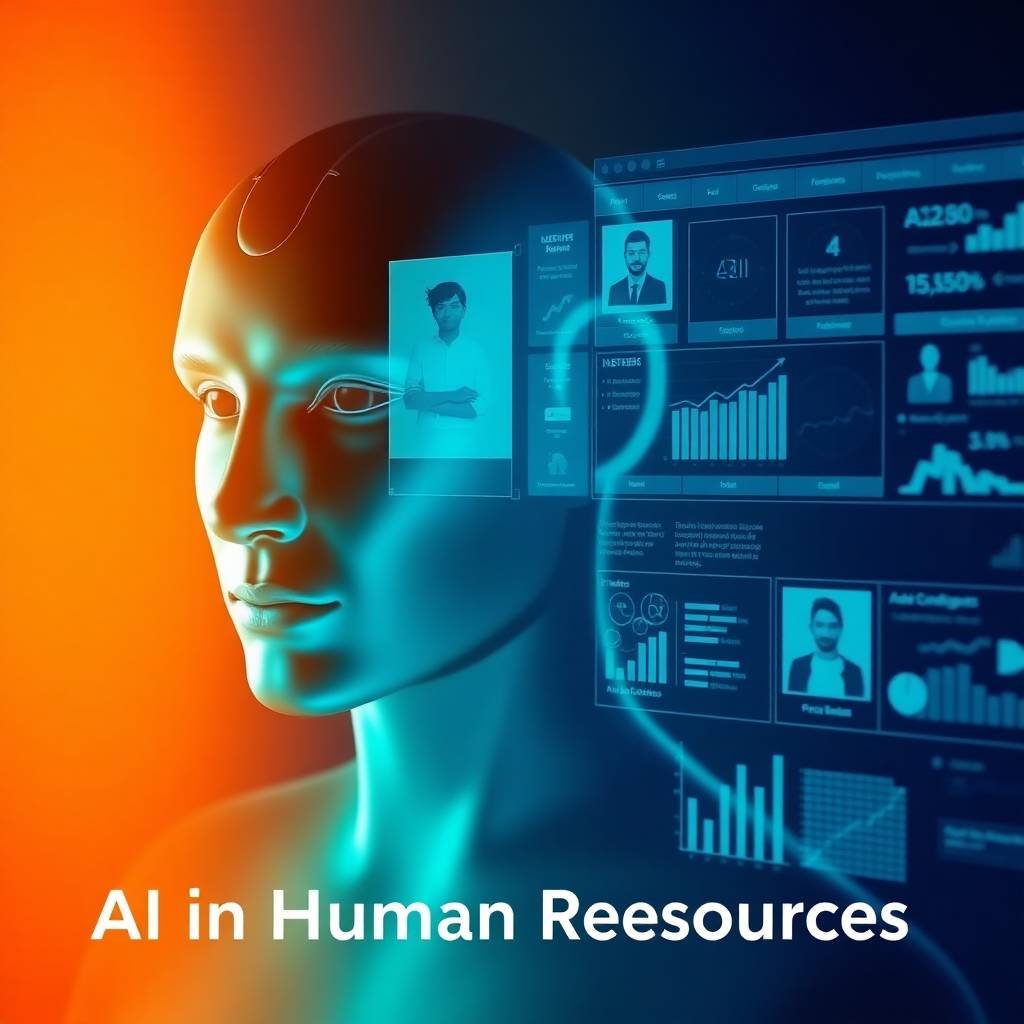Introduction
In today’s competitive job market, finding and hiring the right talent can be a daunting task for organizations. Enter Artificial Intelligence (AI), a game-changer in the recruitment landscape. By automating and optimizing various aspects of the hiring process, AI is helping companies streamline operations, reduce costs, and enhance candidate experiences.
The Role of AI in Recruitment
AI is becoming an integral part of recruitment, transforming how companies source candidates and engage with them throughout the hiring process.
Streamlining Candidate Sourcing
- Automated Resume Screening: AI algorithms can quickly analyze thousands of resumes, identifying top candidates by matching their qualifications to job descriptions. This automation reduces the time recruiters spend on manual sorting and enhances the accuracy of candidate selection.
- Predictive Analytics: By analyzing historical data, AI can predict a candidate’s potential success and cultural fit within the company. This helps recruiters make more informed decisions, focusing on candidates most likely to thrive in the organization.
Enhancing Candidate Experience
- Chatbots and Virtual Assistants: AI-driven chatbots engage with candidates, answering their questions and guiding them through the application process. This interaction not only improves candidate experience by providing instant responses but also frees recruiters to focus on more strategic tasks.
- Personalized Job Recommendations: AI tools analyze candidates’ skills, experiences, and preferences to recommend the best job opportunities. This personalization ensures candidates are matched with roles that align with their career goals, increasing the likelihood of job satisfaction and retention.
Benefits of Using AI in Recruitment
The integration of AI into recruitment processes offers numerous advantages, transforming how organizations attract and select talent.
Increased Efficiency
AI significantly reduces time-to-hire by automating repetitive tasks such as resume screening and interview scheduling. This efficiency allows HR teams to focus on strategic decision-making and improving candidate relationships.
Improved Quality of Hire
- Data-Driven Insights: AI provides recruiters with deep insights into candidate profiles, enabling more informed hiring decisions. This data-driven approach ensures that the selected candidates are a strong match for the role and the company culture.
Bias Reduction
- Objective Evaluation: AI algorithms focus on quantifiable data points, reducing the influence of unconscious bias in the hiring process. By standardizing candidate evaluation, AI helps promote diversity and inclusion within organizations.
Challenges and Considerations
While AI offers significant advantages in recruitment, it also presents challenges that organizations must navigate carefully.
Data Privacy and Security
- Protecting Sensitive Information: As AI systems process large amounts of candidate data, ensuring robust data privacy and security measures is essential to protect personal information and maintain trust.
Algorithmic Bias
- Ensuring Fairness: AI systems can inadvertently perpetuate or even exacerbate existing biases if their algorithms are not carefully designed and monitored. Organizations must regularly audit AI systems to identify and address any biases, ensuring equitable hiring practices.
Future of AI in Recruitment
The role of AI in recruitment is poised to grow, with several promising trends shaping its future.
Integration with HR Systems
As AI becomes more advanced, it will seamlessly integrate with existing HR platforms, providing a unified approach to talent acquisition. This integration will streamline processes, allowing for more cohesive data management and decision-making across HR functions.
Continuous Learning and Adaptation
AI systems will continue to evolve, learning from new data and adapting to changing recruitment needs and market trends. This adaptability will ensure that AI tools remain relevant and effective, providing ongoing value to HR teams.
Conclusion
AI is revolutionizing the recruitment landscape by making processes more efficient, data-driven, and candidate-centric. From streamlining candidate sourcing to enhancing the overall candidate experience, AI tools provide HR teams with powerful capabilities to attract and hire the best talent.
Embracing the Future
As AI technologies continue to advance, organizations must embrace these innovations while addressing challenges such as data privacy and algorithmic bias. By doing so, they can harness AI’s full potential to create a more equitable and effective recruitment process, ultimately shaping the future of work.

